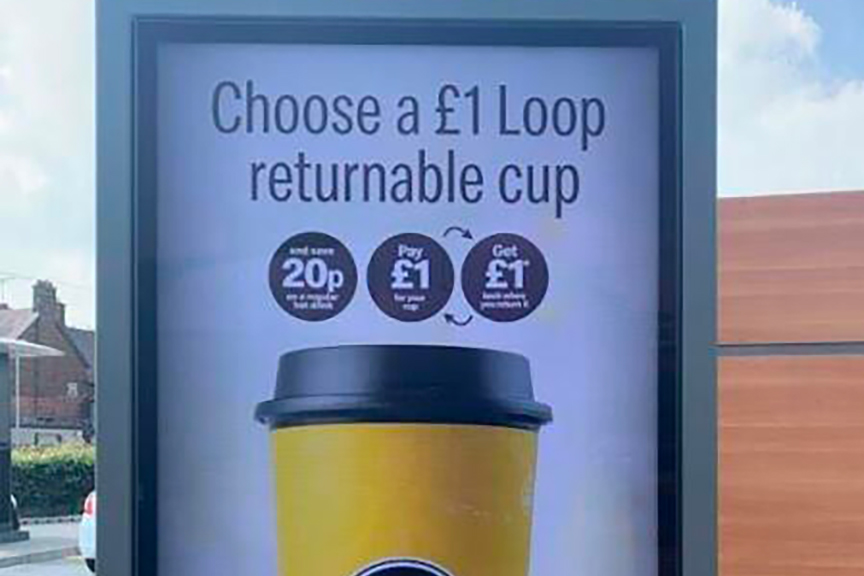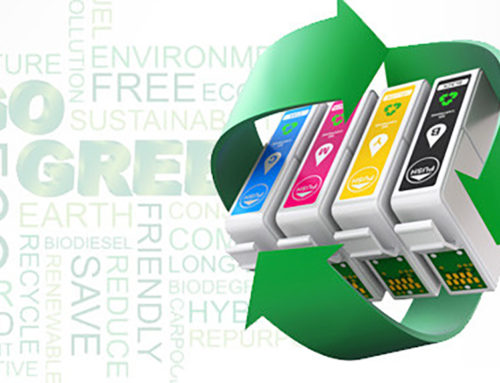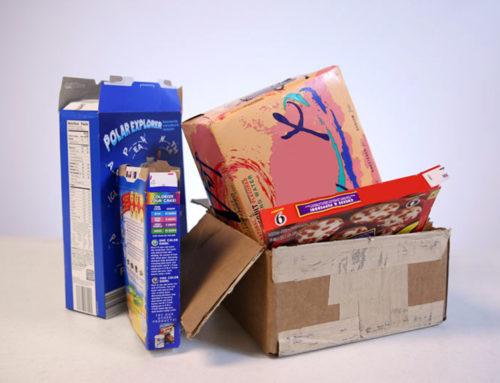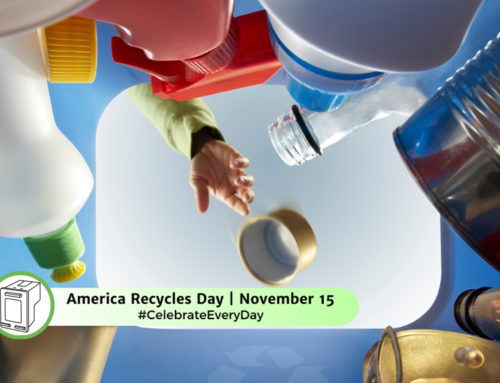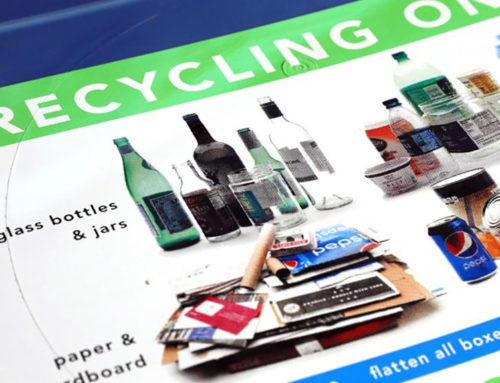In a groundbreaking study, the Ellen MacArthur Foundation reveals that returnable, reusable packaging holds the key to substantial environmental benefits and could rival the economics of single-use packaging for specific products when implemented at scale. Titled “Unlocking a Reuse Revolution,” the report sheds light on the advantages of collaborative design and large-scale operation of reusable plastic packaging for selected beverage, food, and personal care items.
Developed with input from over 60 leading organizations, including the European Investment Bank, national governments, reuse experts, and major brands such as The Coca-Cola Company, Danone, Nestlé, PepsiCo, and Unilever, the study emphasizes the potential of returnable packaging to significantly reduce greenhouse gas emissions and water use by 35-70 percent compared to single-use plastics in the most ambitious scenarios.
The Ellen MacArthur Foundation’s recent report, “Global Commitment Five Years In,” underscores the urgency of shifting towards reuse to curb worldwide virgin plastic use in packaging. Without such a transition, current plastic consumption levels are expected to persist until at least 2050. Scaling up reuse emerges as a pivotal strategy to reverse the tide on plastic waste and pollution.
Sander Defruyt, Plastics Initiative Lead at the Ellen MacArthur Foundation, emphasizes that embracing reuse provides an opportunity to combat plastic pollution, alleviate pressure on natural resources, and make significant strides towards achieving net-zero goals. Defruyt acknowledges that scaling reuse is a significant transition that requires collaboration among businesses, policymakers, and financial institutions.
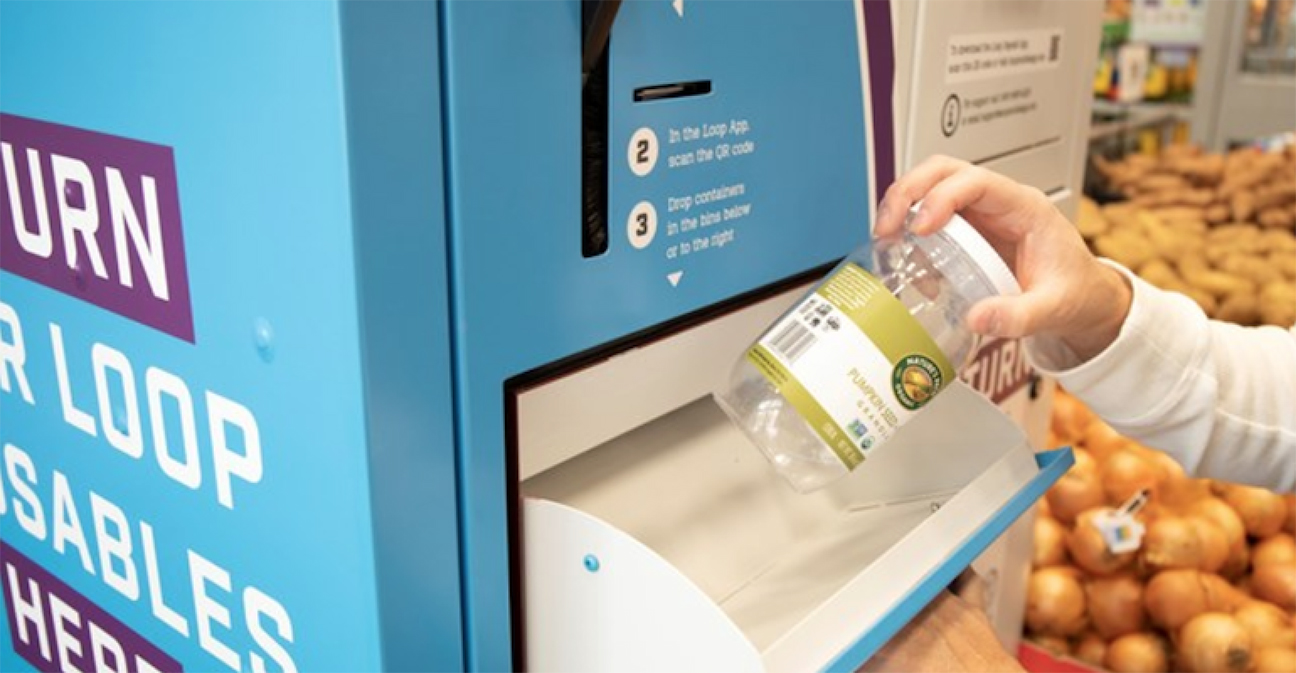
The study, developed in partnership with Systemiq and Eunomia, focuses on returnable packaging, a model gaining traction as more brands join platforms like Loop. Companies like Revue (formerly Johnson & Johnson Consumer Health) and Starbucks are already exploring reusable/returnable packaging. As this model grows in popularity, the Foundation calls on leaders in the private, public, and finance sectors to adopt a fresh approach, expanding the reuse economy through shared infrastructure and packaging standardization.
Jolanda de Rooij, Senior Sustainability Manager Circular Economy at Unilever, underscores the importance of economic viability and collaboration to make reusable models work at scale. Fragmented efforts, she warns, will not be sufficient to drive the necessary systems change.
The Ellen MacArthur Foundation emphasizes the crucial role of policy in scaling reuse, pointing to the European Packaging and Packaging Waste Regulation and negotiations for a Global Treaty to End Plastic Pollution as opportunities to implement ambitious reuse policies. The Foundation advocates for time-bound, sectoral reuse targets and enabling conditions to support the thriving of reuse initiatives globally.
In conclusion, the call to action is clear: a collaborative effort is needed from businesses, policymakers, and financial institutions to kickstart the reuse revolution and steer the world toward a sustainable future, effectively addressing the plastic crisis. Through shared infrastructure, standardized packaging, and ambitious policies, we can pave the way for a future where returnable, reusable packaging becomes the norm rather than the exception.

